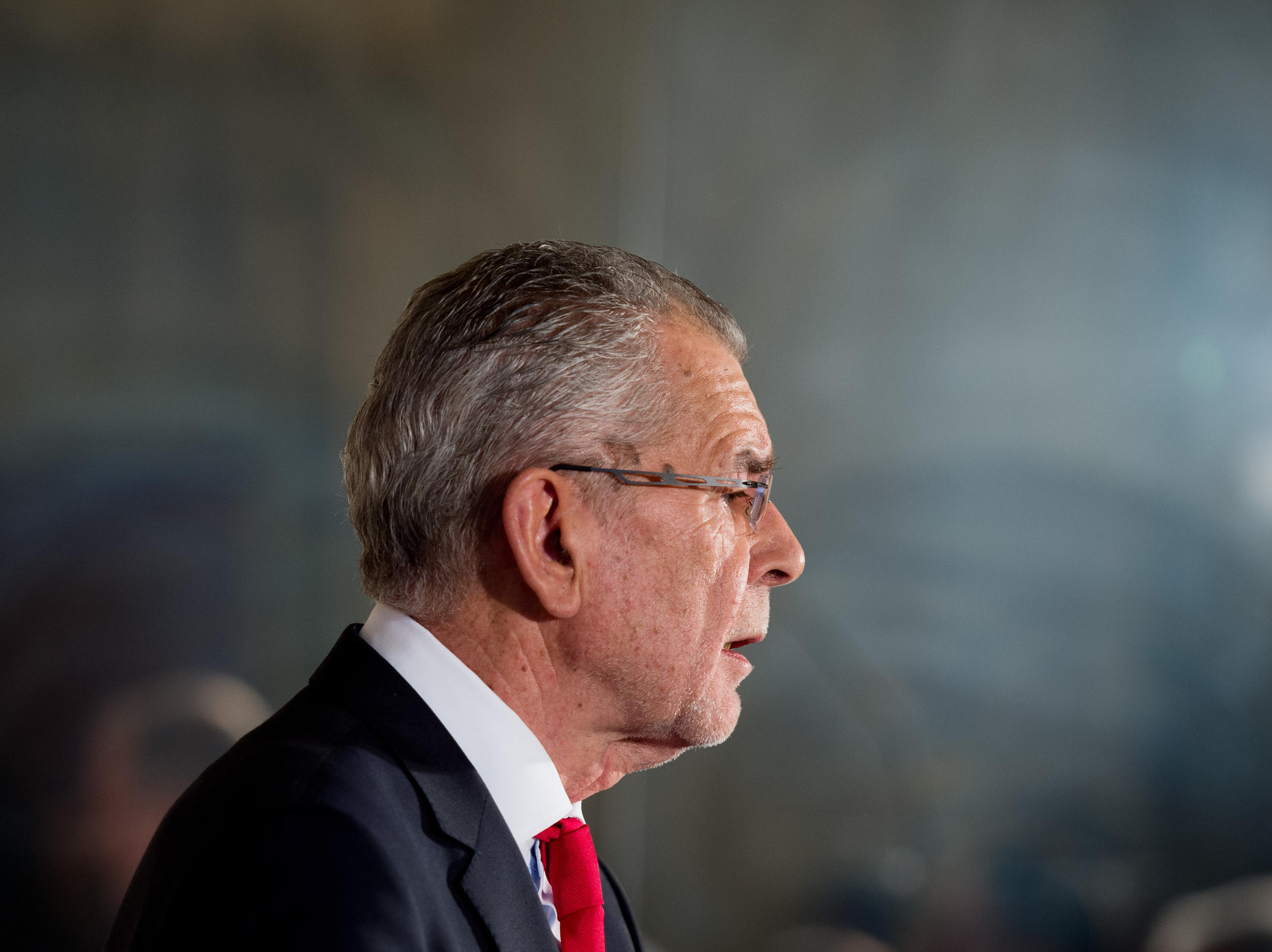First state visit tradition survives – theoretically

In his first official bilateral foreign trip since becoming head of state, Austrian President Alexander Van der Bellen was welcomed to Switzerland with full military honours. The visit carries on a 60-year tradition that survives – just about – to this day.
Switzerland and Austria, two neighbouring countries with generally friendly relations, have certain things in common. Both are topographically similar small countries, lightweights on the world stage, and they both rely – more or less – on their neutrality.
Since the end of World War Two, newly appointed Austrian presidents have made Switzerland their first port of call. On Thursday Swiss President Doris Leuthard received Van der Bellen and his foreign minister, Sebastian Kurz.
For Switzerland, the ‘first visit’ custom only extends toward neighbouring Austria. It began as a tradition in 1946 as then-Austrian Chancellor Leopold Figl chose Bern for his first trip abroad – as a sign for generous post-war Swiss aid.
Relations between the two countries became especially “close and friendly” in the post-war period, says Sacha Zala, a University of Bern history lecturer who also is director of Diplomatic Documents of Switzerland at the Swiss Academy of Humanities and Social Sciences. In the context of the Cold War, it was particularly important for both small states – situated between two opposing blocs – to be neutral.
Both discovered the mutual benefit of sticking together in the post-war landscape. The myth that Austria was the first victim of the national socialist aggression policy made it easier to overcome the war question, Zala said. On the other hand, neutral Switzerland was confronted with huge criticism after the end of the war and stood isolated.
After 1946, Switzerland and Austria therefore continued the ‘first visit’ tradition, although not consistently. It has hardly been applied to the presidency, said Florian Keller, director of the Europe Institute at the Zurich University of Applied Sciences. It is rather symbolic and refers only to bilateral, and not to multilateral relations, with the countries.
In fact, Van der Bellen first traveled to Brussels early in the week and met several EU representatives for talks. Austria joined the EU in 1994, and in that context, the neighboring countries went separate ways. Austria’s policy of neutrality (declared in 1955) also lost its significance. That too, had provided a common basis for mutual relations.
The two countries are also in direct competition in some areas, explained historian Zala. In particular, both countries want to serve as host to international organisations. Vienna – to the displeasure of Switzerland – competes in this area with Geneva.

In compliance with the JTI standards
More: SWI swissinfo.ch certified by the Journalism Trust Initiative

You can find an overview of ongoing debates with our journalists here. Please join us!
If you want to start a conversation about a topic raised in this article or want to report factual errors, email us at english@swissinfo.ch.